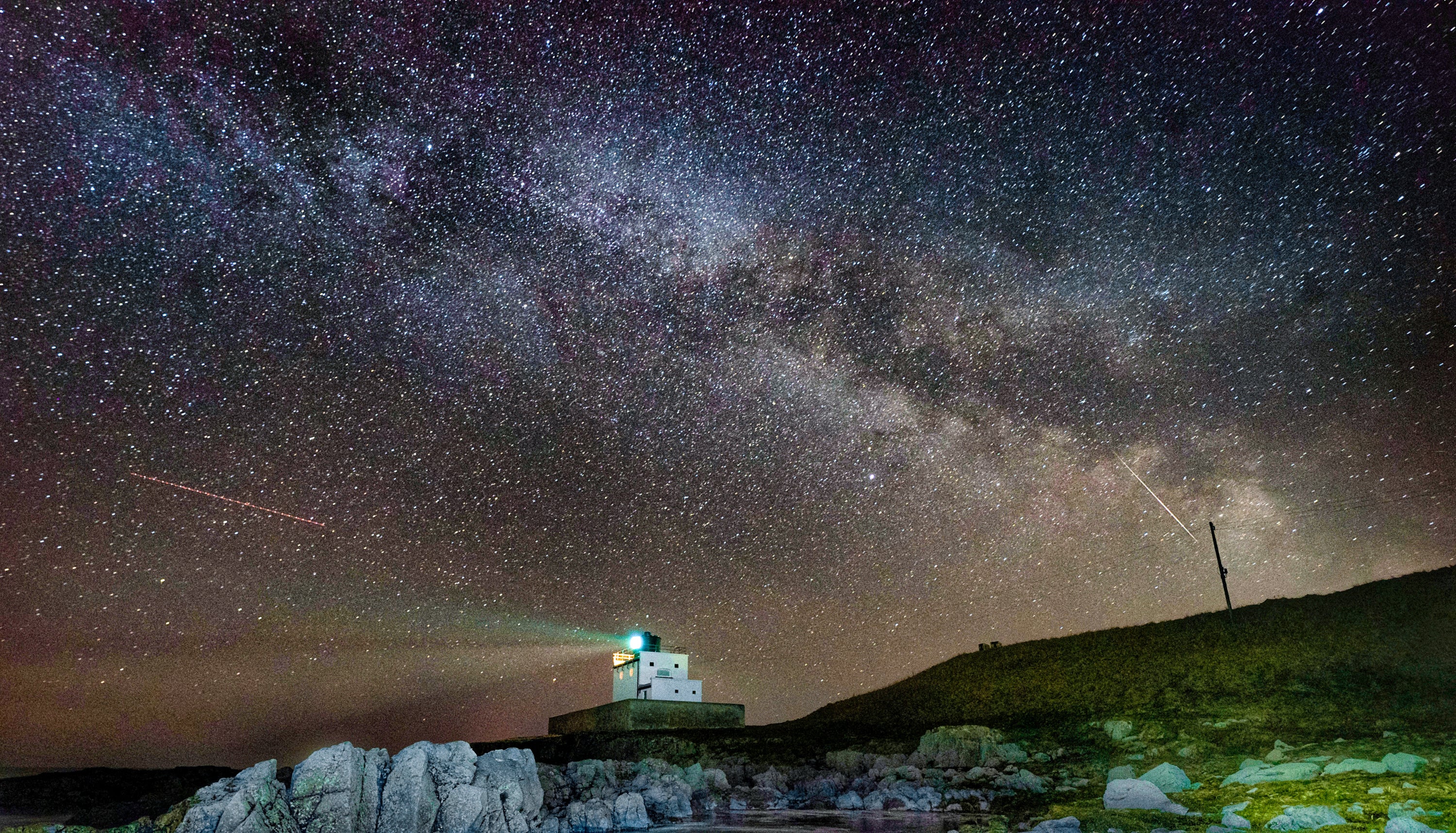Exoplanets may provide habitable conditions for billions of years, study says
Hydrogen and helium gases were readily available in the planet-forming materials around young stars.

Your support helps us to tell the story
From reproductive rights to climate change to Big Tech, The Independent is on the ground when the story is developing. Whether it's investigating the financials of Elon Musk's pro-Trump PAC or producing our latest documentary, 'The A Word', which shines a light on the American women fighting for reproductive rights, we know how important it is to parse out the facts from the messaging.
At such a critical moment in US history, we need reporters on the ground. Your donation allows us to keep sending journalists to speak to both sides of the story.
The Independent is trusted by Americans across the entire political spectrum. And unlike many other quality news outlets, we choose not to lock Americans out of our reporting and analysis with paywalls. We believe quality journalism should be available to everyone, paid for by those who can afford it.
Your support makes all the difference.Rocky exoplanets – planets outside our Solar System – with atmospheres dominated by hydrogen and helium could provide habitable conditions for billions of years, new research has suggested.
The study suggests these planets can sustain temperate conditions and liquid water on their surface for long periods of time.
As hydrogen and helium gases were readily available in the planet-forming materials around young stars, all planets built up atmospheres that were dominated by these two elements.
This result suggests that the concept of planetary habitability should be revisited and made more inclusive with respect to the classical definition
In our Solar System, rocky planets lost this atmosphere in favour of heavier elements, such as oxygen and nitrogen on Earth.
However, researchers suggest large rocky exoplanets at some distance from their star could retain their hydrogen and helium-dominated atmospheres.
Marit Mol Lous, University of Zurich, Switzerland, and colleagues investigated the evolution of such planets.
They modelled the duration that hydrogen and helium-rich exoplanets could host liquid water on their surface.
Their findings suggest that depending on the mass of the planet and how far away it is from its star, these planets could keep a temperate surface environment for as long as eight billion years, provided the atmosphere is thick enough – between 100 to 1,000 times thicker than the Earth’s.
Writing in the Nature Astronomy journal, the study authors said: “This result suggests that the concept of planetary habitability should be revisited and made more inclusive with respect to the classical definition.”